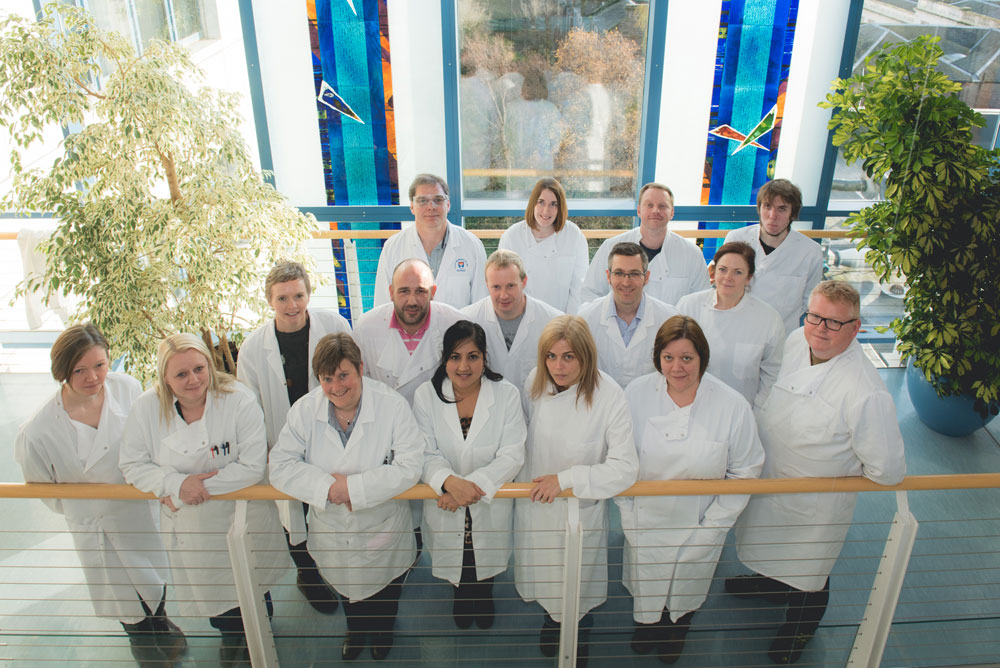We study how eukaryotic cell biology is shaped by protein phosphorylation and ubiquitylation. Driven by our curiosity and passion to understand living creatures, our work aims to change lives by helping to cure human disease. With support from the MRC and a range of charities, we collaborate with leading research centres around the world. We also work with clinicians and pharmaceutical companies to translate our discoveries into medical progress.
The MRC PPU is a world class research institute, in which our researchers make use of cutting-edge technology and biochemistry to study cellular and molecular mechanisms that underpin a number of diseases such as neurological disorders, cancer and hypertension. The unit receives core funding from the Medical Research Council, allowing us to tackle major long-term questions, with a focus on the regulation of eukaryotic cell biology and human disease by protein phosphorylation and ubiquitylation. The MRC PPU operates as a focal point between leading life scientists, pharmaceutical companies and clinicians. Our aim is to make a critical contribution to biomedical research, leading to a deeper understanding of diseases and how to treat them.
The unit was founded by Philip Cohen in 1990 as the MRC Protein Phosphorylation Unit. With support from the Scottish government, Philip then established the Scottish Institute of Life Sciences alongside the MRC PPU in 2008, to study the mechanisms of protein ubiquitylation and sumoylation and their roles in biology and disease. In 2012, the MRC PPU expanded its remit to reflect the growing importance of protein ubiquitylation, absorbing the SCILLS research groups and thus becoming the MRC Protein Phosphorylation and Ubiquitylation Unit (still MRC PPU), under the new directorship of Dario Alessi





